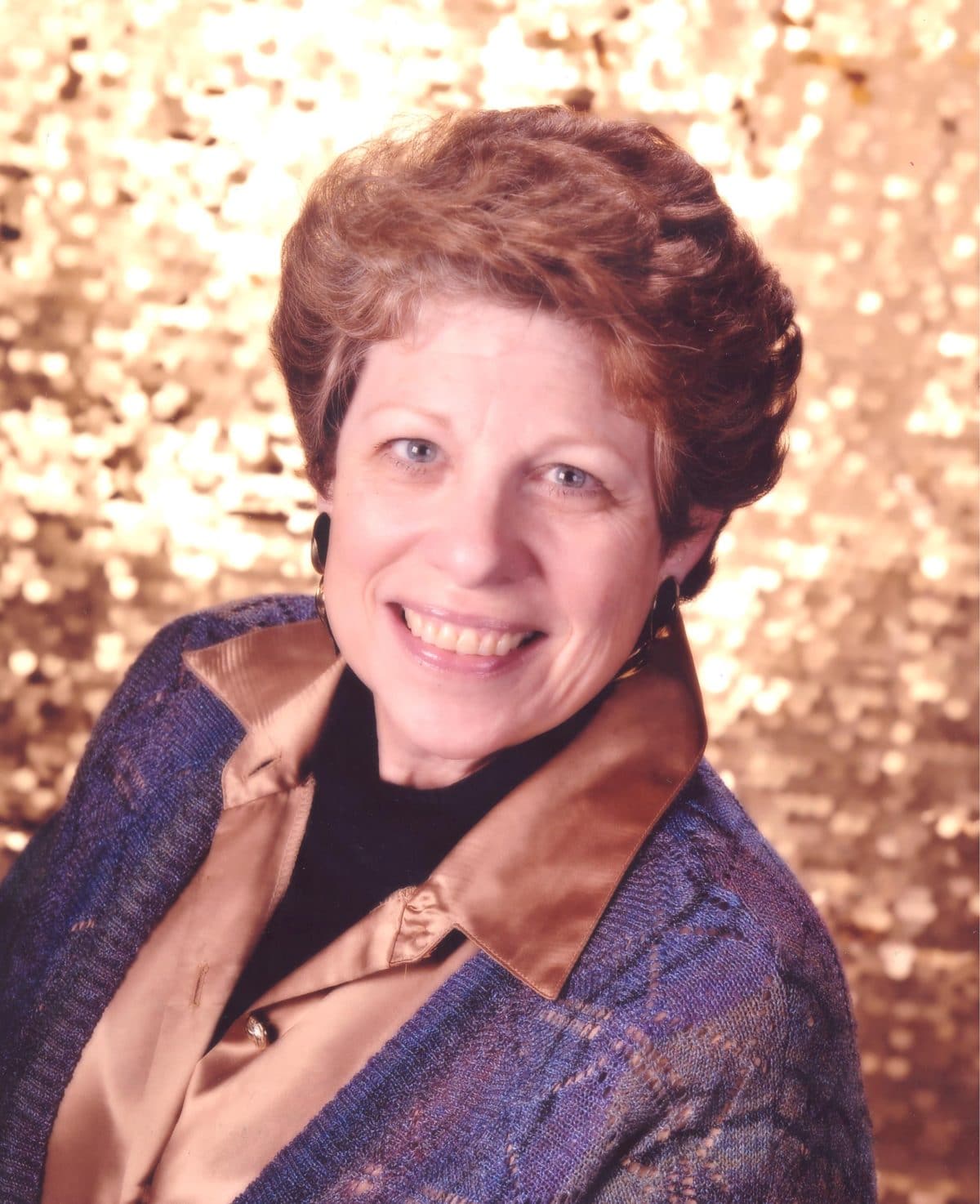My guest writer this week is Robin Itzler, a 40-year marketing and communications professional. Robin is a columnist, public speaker and business owner who has a clear vision of her hearing loss identity.
By Robin M. Itzler
I have selective hearing, but the truth is that everyone with a hearing loss has selective hearing; it’s just that we’re not doing the selecting. After all, listening for us is not passive; we have to work at hearing. That’s why I prefer watching television with captioning rather than wearing my aids. It lets my eyes do the hearing.
Rather than get angry or upset when a “normal” hearing person accuses me of having selective hearing, it’s an opportunity to educate. Currently, 48 million Americans (20 percent) have some degree of hearing loss. This makes it a public issue, third in line after heart attack and arthritis.
Many years ago, I attended a management meeting and as usual sat in the first seat of the first row nearest the podium. With slides, I followed most of what the CEO and the other speakers said. As always, the real challenge was the question and answer session. “Mary,” sitting on my left, had an important comment to make. Turning her back to me to face the audience, I couldn’t read her lips and missed everything she said.
About five minutes later, one of the senior executives standing in the back of the room responded to a question. Thanks to his booming baritone voice and being able to see his face, I followed most of what “Bob” said.
After the meeting, several managers congregated to discuss key presentations. I made an observation about “Bob’s” statement. Turning to “Mary,” the soft-spoken HR director, I asked her to repeat what she had told the group since I didn’t hear it. One of the managers commented about my selective hearing. After all, how could I hear “Bob” who was standing in the back of the room, but not “Mary” who was seated next to me?
Minimizing my loss, maximizing my hearing
The aura of having selective hearing is unavoidable when living and working in the hearing world. Over the years, I’ve developed my SAW Concept: Secrets, Attitude and Workarounds. Between the SAW Concept and a driving determination not to let my hearing loss hold me back, family, friends and coworkers sometimes forget I am legally deaf until they start a conversation about a totally unexpected topic. Without an anchor to guess the subject matter, I become confused, which they might assume is selective hearing.
We know intuitively the issue is not selective hearing, but rather our understanding of what is being said. Using my SAW Concept, I minimize my loss and maximize my hearing by controlling situations whenever possible so as not to burden others with MY something. Common sense examples include:
- I prefer morning meetings since by the afternoon I am tired and won’t capture as much sound.
- When a group goes out to eat, I’ll suggest sitting away from noisy areas such as server stations and bars. If that’s not possible, I’ll just chat with the person sitting across from me.
- For “nice to know” meetings, I’ll select my seat by arriving early to ask the speaker where he/she will primarily be standing during their presentation (i.e., podium, moving around the room, standing on one side, etc.).
- For “need to know” meetings, I’ll request a captionist.
- When giving presentations, I’ll seek a show of hands when engaging the audience rather than have people call out responses that I likely won’t hear.
Don’t call me hearing-impaired!
In my view, the hearing loss community is partially responsible for creating an environment where normal hearing people frequently assume we have selective hearing when we don’t follow the conversation.
If you ask 100 people to define “hard of hearing” or “hearing impaired,” you’ll likely get 100 different definitions. Can you blame normal hearing people? We say “hard of hearing” and “hearing impaired” and presume everyone knows what that means. But they often don’t. (Do you?)
This is why I strongly believe there should be three primary terms for deaf/hearing loss individuals.
Deaf – I cannot hear….period. Speaking louder or screaming at me is not going to change the fact that I can’t hear you.
Legally Deaf – I have a profound hearing loss resulting in great difficulty in everyday situations (thus meeting the “legal” definition of deaf). Most likely I wear hearing aid(s) or have a cochlear implant(s).
Hearing Loss – I have a minor loss (such as related to aging).
Without these clearly defined terms, normal hearing people make their own assumptions about our hearing loss and often times erroneously assume we purposely choose to hear this and miss that. It happens because they have no idea what “hard of hearing” and “hearing impaired” means. By the way, I find those terms insulting! I am NOT hard of anything nor am I impaired – I am legally deaf.
Everyone has “something” that makes getting to the starting line more challenging. Mine – and perhaps yours – is hearing loss. So, the next time someone accuses you of having selective hearing, smile and say, “Yes and I’ve selected to hear what you’re saying, so kindly repeat it for me.”








When Robin writes, it’s always compelling. Thanks Robin.
My type of hearing loss is not mentioned though. I can just kind of zone out and not be there mentally when someone is speaking.